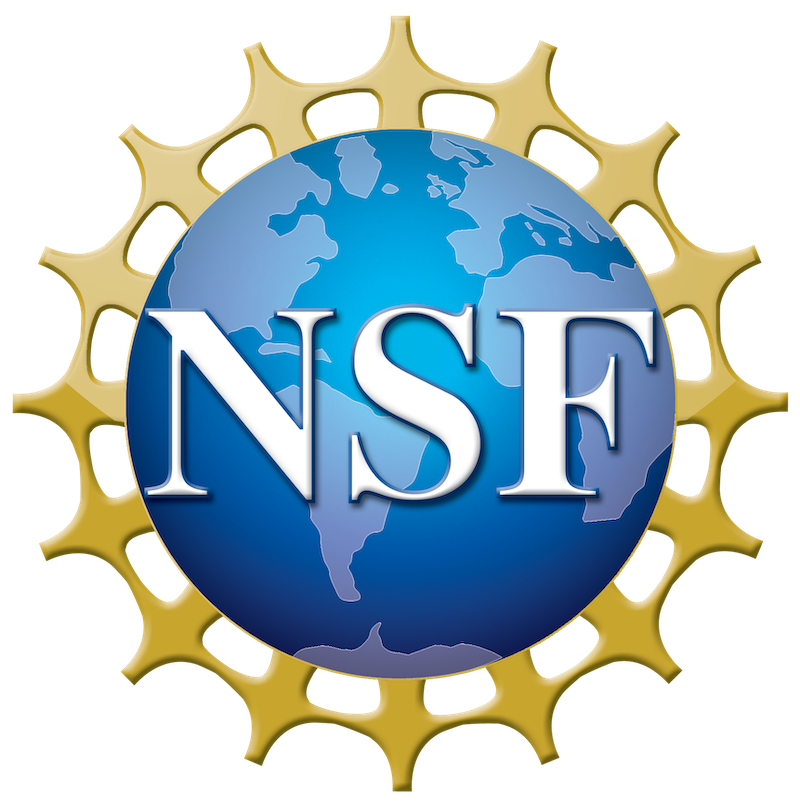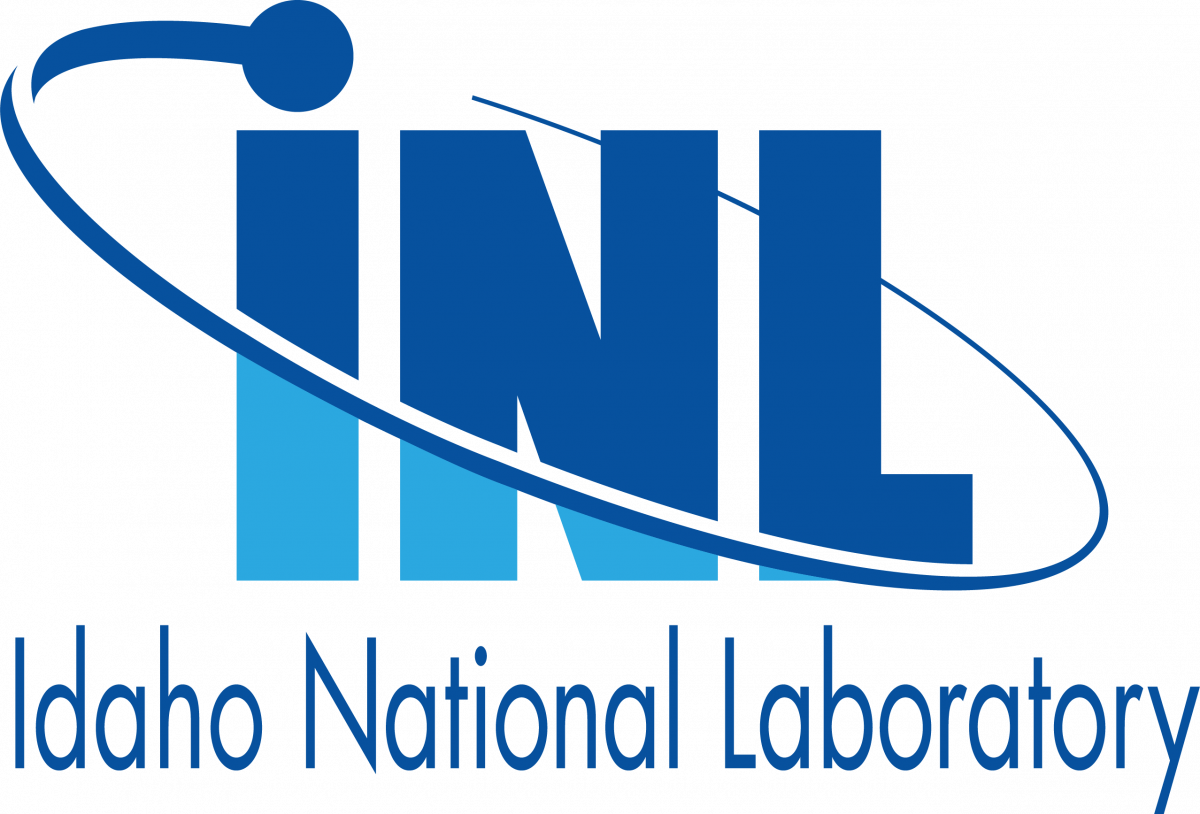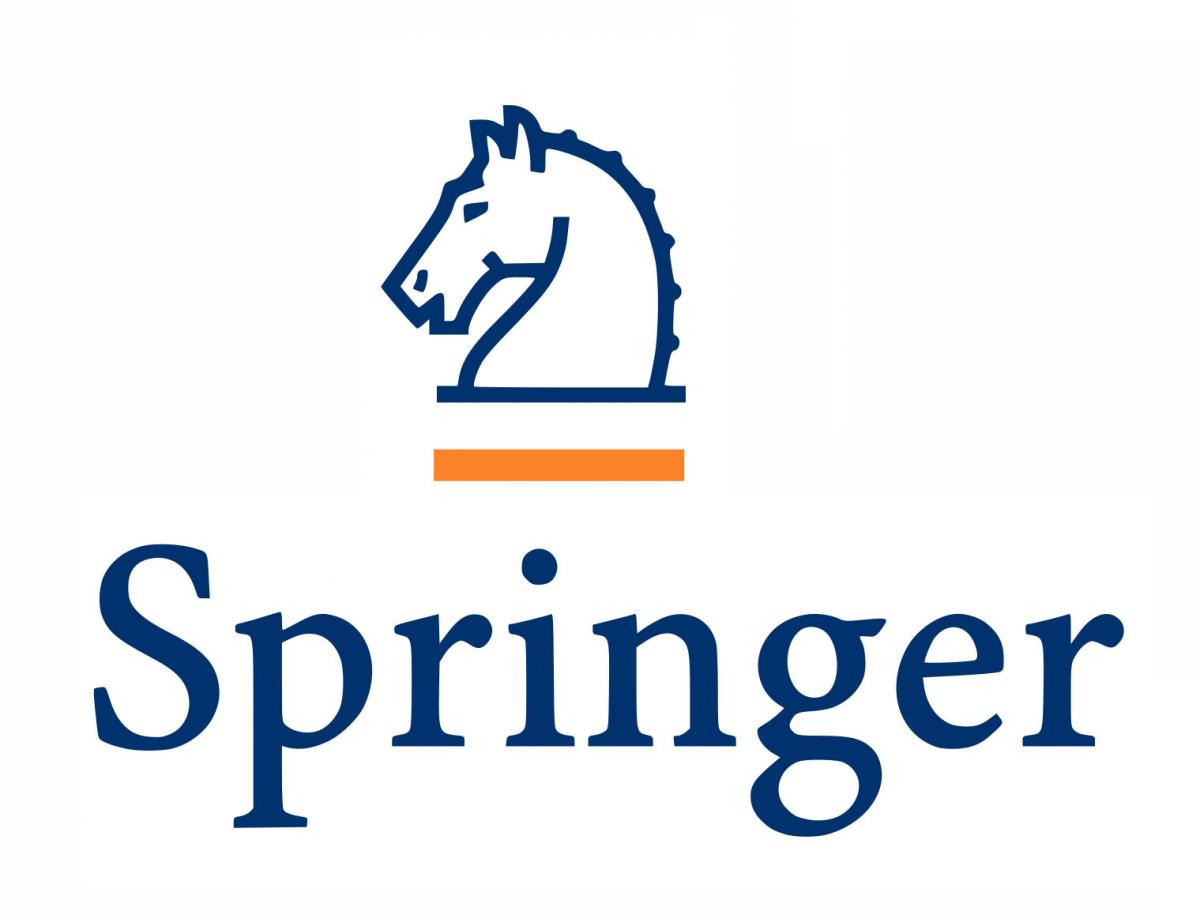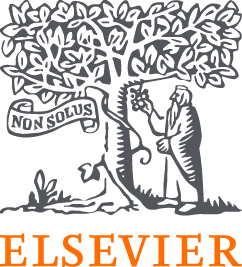Geoffrey Bomarito, National Aeronautics and Space Administration
Jacob Hochhalter, The University of Utah
John Emery, Sandia National Laboratories
James Warner, National Aeronautics and Space Administration
Kyle Johnson, Sandia National Laboratories
Scientific machine learning has become a field which encompasses the many methods of combining physical knowledge with data-driven modeling. In some cases, physical knowledge might inform a machine learning model by applying constraints based on the relevant physics of the problem, e.g., physics-based regularization. In other cases, the knowledge transfer may transpire in the opposite direction, e.g., data-driven discovery of physics and governing equations. Regardless of the direction, the integration of data-driven modeling and physical knowledge can result in rapid advancements of our state of knowledge and the community's command of a discipline. Similarly, uncertainty quantification methods can be integrated to mitigate overfitting to promote generalizable models in the presence of noise.
This minisymposium solicits presentations on scientific machine learning methods that inherently consider uncertainty, with a focus on the application of these approaches to solid mechanics problems. It is well known that traditional methods for capturing inherently stochastic material phenonema, such as plasticitiy, ductility, and fracture, can be very computationally expensive. As such, this MS focuses on methods where physical knowledge provides more than observational biases in training data, and AI/ML are leveraged to facilitate efficient and probabilistic predictions of plasticity, structural failure, or variability in performance. We solicit related abstracts that advance these capabilities with general algorithm advancement or novel applications to solid mechanics. The following general topics are of interest, but the list is not exhaustive:
- AI/ML methods for integration of traditional solid mechanics knowledge with uncertainty quantification
- Algorithms that add or maintain interpretability
- Methods for data-driven knowledge extraction
- AI/ML strategies for tractable multiscale/multi-fidelity simulation
- Physics informed surrogate models for expeditious uncertainty quantification
- Data-driven models accounting for multiphysics phenomena
- Algorithms that efficiently capture microstructural information
- Algorithms that inherently capture and propagate uncertainty











